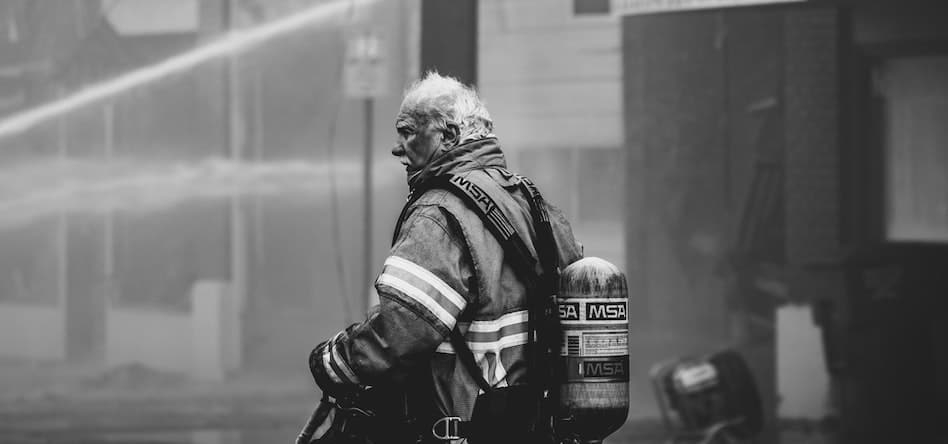Emergency responders do incredible work, but they are people too. As a result, the risk of substance abuse and addiction among first responders is high.t comes with many physical and psychological strains that can negatively affect a person’s well-being. Emergency responders do incredible work, but they are people too. As a result, the risk of substance abuse and addiction among first responders is high.
Category: Addiction
Substance Abuse and Addiction Among Lawyers
Lawyers, in particular, tend to have high-stress jobs and they frequently face a lot of pressure to succeed. Sometimes, this can produce mental health problems and drive individuals toward a lifestyle of substance abuse or alcohol abuse.
Addiction Among Medical Professionals
Addiction among medical professionals is common. Healthcare professionals like doctors, nurses, and technicians have challenging jobs and often suffer from side effects like sleep deprivation and extreme stress due to consistent exposure to death or trauma. Like many others who work outside of the healthcare industry, doctors, nurses, and other medical professionals may turn to alcohol or drugs to self-medicate and cope.
5 Risks of Trying to Break an Addiction On Your Own
Without the right support or treatment, getting sober can be very difficult or even life-threatening. So, before you decide to break an addiction on your own, consider the following risks and think about getting professional treatment at a rehab center.
Can Dry January Ignite Your Recovery and Lead to Lasting Sobriety?
For many people, January is a time for new changes and a fresh start. It’s an opportunity to reassess, create goals, and work towards a better you. If you want to step back and re-evaluate your relationship with alcohol, Dry January might be a great way to do it and start the year making healthier choices.
Signs You’ve Hit Rock Bottom Due to Addiction
For some people, occasional drug and alcohol abuse can escalate into full dependence, and then suddenly, nothing is more important than getting high or drunk. Although addicted individuals often make excuses for why they don’t need treatment, hitting rock bottom is often the end of the line and forces them to take action.
How to Tell People You’re Going to Rehab
Going to rehab is a very personal decision that you don’t have to share with others if you don’t want to. However, attending a 90-day program will likely impact your relationship with those around you, including your family, friends, and employer. As a result, some communication about rehab may be necessary.
5 Signs You Might Be Self-Medicating to Deal With Stress
It’s not uncommon for people to use drugs to deal with stress, fear, or other complex emotions. But over time, this behavior can grow into addiction and cause serious physical and mental health problems.
How Eating Disorders Can Lead to Addiction
Many people with eating disorders turn to drugs or alcohol to ease their emotional or physical pain or to help them reach their weight loss goals. Unfortunately, these self-destructive behaviors only fuel each other and worsen the person’s state of mind, overall health, and well-being. Understanding eating disorders and addiction and how they fuel each other can help you get the right type of help and treatment to recover.
The 5 Types of Alcoholics
Alcoholism is a complex disease that is difficult to understand fully. When you hear the word “alcoholic,” it may conjure a specific image in your brain based on stereotypes commonly associated with alcohol abuse and addiction. However, things aren’t so cut and dry.











